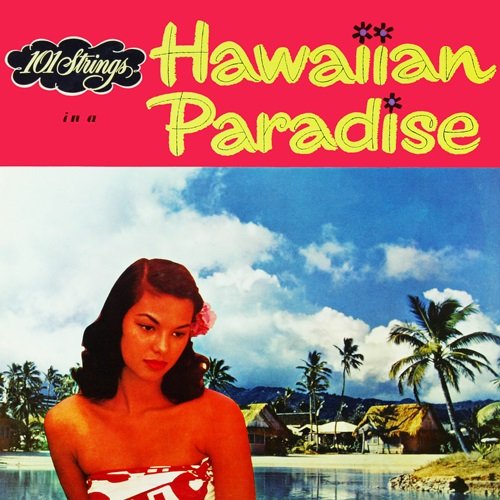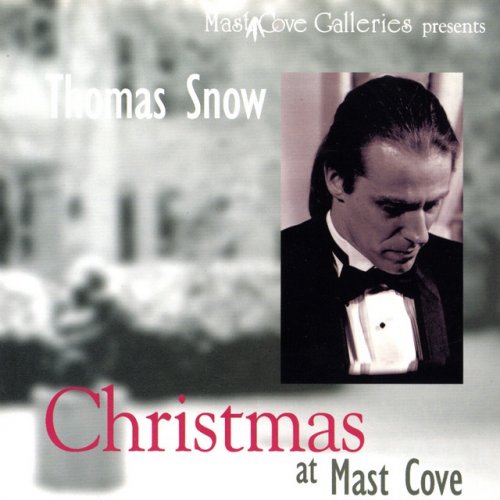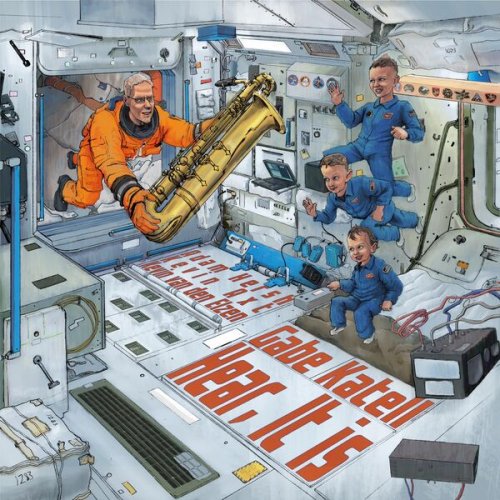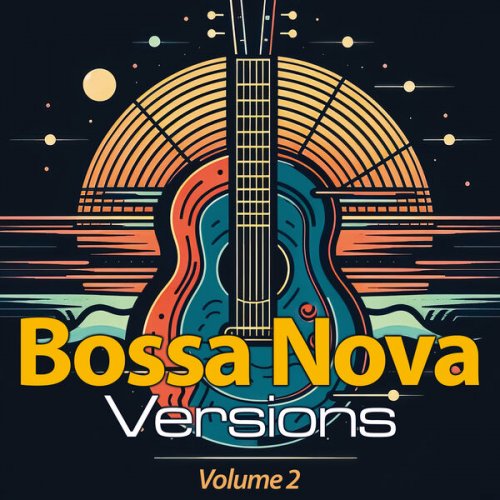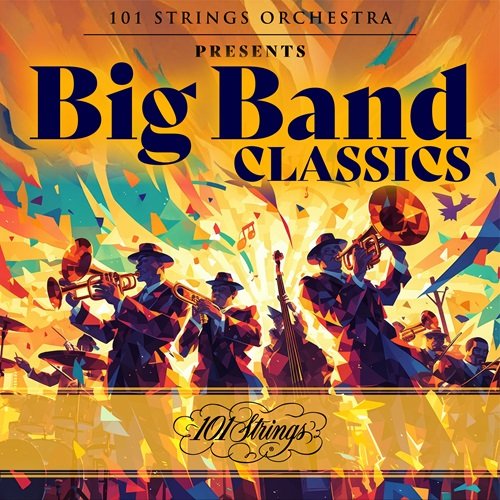Leonidas Kavakos, Peter Nagy - Maurice Ravel / George Enescu (2003)
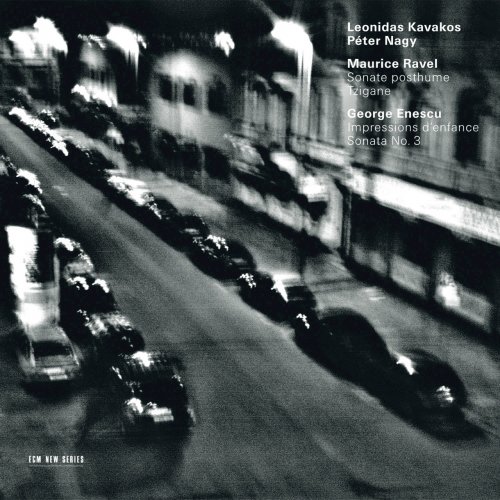
Artist: Leonidas Kavakos, Peter Nagy
Title: Maurice Ravel / George Enescu
Year Of Release: 2003
Label: ECM New Series
Genre: Classical
Quality: FLAC (tracks)
Total Time: 01:17:38
Total Size: 380 Mb
WebSite: Album Preview
Tracklist: Title: Maurice Ravel / George Enescu
Year Of Release: 2003
Label: ECM New Series
Genre: Classical
Quality: FLAC (tracks)
Total Time: 01:17:38
Total Size: 380 Mb
WebSite: Album Preview
1. Sonate posthume for violin and piano (1897) (Maurice Ravel) 14:28
2. Impressions d'enfance, op.28 (George Enescu) 24:51
George Enescu - Sonata No. 3 for violin and piano A minor 'dans le caractère populaire roumain'
3. I. Moderato malinconico 09:47
4. II. Andante sostenuto e misterioso 09:47
5. III. Allegro con brio, ma non troppo mosso 08:11
6. Tzigane, Rapsodie de Concert for violin and piano (1924) (Maurice Ravel) 10:32
Performers:
Leonidas Kavakos, Violin
Peter Nagy, Piano
This record pairs two composers linked by personal and stylistic association with two performers ideally suited to their music technically and temperamentally. Both composer were attracted to gypsy music, as is shown in the works included here: one early and one late work each. Both were members of Fauré's composition class at the Paris Conservatoire, and it seems likely that Ravel's violin sonata--written in 1897 but not published until 1975--with its lush, impressionist texture and soaring, high-flying violin line, was inspired by Enescu's playing and first performed by the two of them, as was Ravel's second, famous sonata three decades later. However, Enescu was not involved with Ravel's Tzigane, dedicated to the young Hungarian virtuoso Jelly d'Aranyi, perhaps because by 1924 he had turned away from pure bravura gypsy fiddling. His own Third Violin Sonata is influenced more by specifically Roumanian folk music; some of the melodic lines, harmonic progressions and general air of melancholy have an almost Oriental character. The 10 Impressions are fascinating, depicting moods, situations and visual scenes, complete with sound effects like squeaking birds, cuckoo clocks, and whistling wind. The main interest of this record, however, is in the playing, and it is spectacular. Kavakos, multiple prize-winner in Europe and America, is a stunning virtuoso but seems uninterested in mere technical display, tossing off the most hair-raising fireworks, from bravura bowings to double harmonics, with casual ease. His tone has a uniquely personal expressiveness; dark, pure, focused, and variable, it can glow intensely or float delicately. Identifying naturally with the idiomatic rhythms, harmonies, and character of the music, he plays with great warmth and passion--a sort of controlled abandon. This must be one of the best Tziganes on record, and Nagy, a splendid pianist and partner, almost sounds like a orchestra. -- Edith Eisler
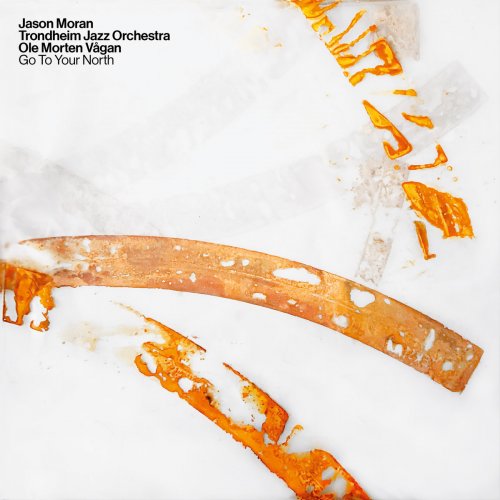

![Trøndelag Big Band - A Big Band Narrative (2026) [Hi-Res] Trøndelag Big Band - A Big Band Narrative (2026) [Hi-Res]](https://www.dibpic.com/uploads/posts/2026-01/1767966351_dxbyhtouifgdb_600.jpg)

